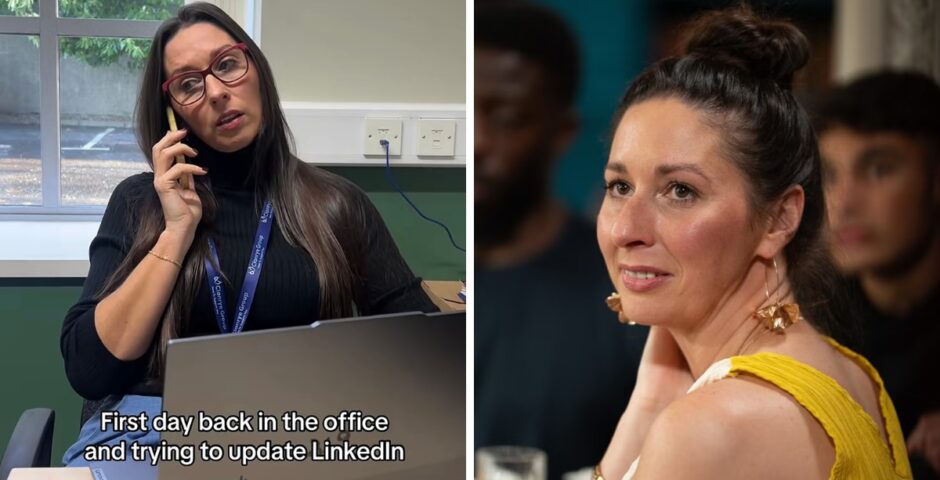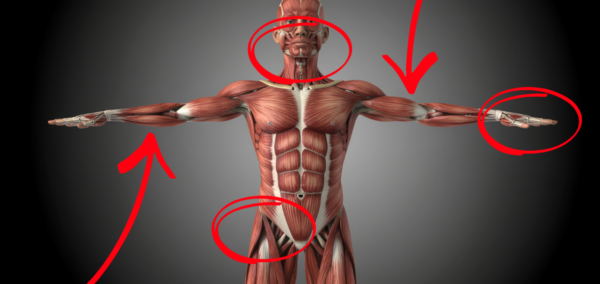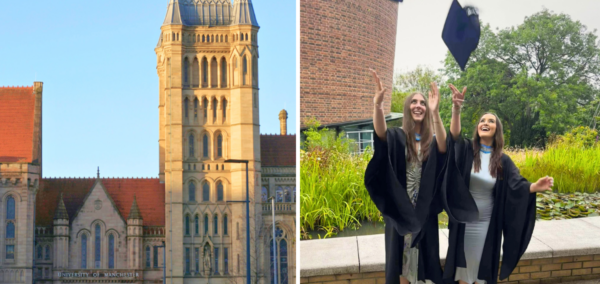
Pro-life preacher faces backlash outside Bristol University building Beacon House
Moodley was arrested for common assault and a public order offence for a similar incident six months ago
Pro-life preacher, Dia Moodley, and fellow congregation members from the Spirit of Life Reform Baptist Church in Lockleaze, returned to preach at the Bristol University Campus.
Moodley returns only sixth months after his arrest for common assault and a public order offence, after allegedly pushing a woman in the crowd of hecklers who was stood on his placard.
Despite the previous incident, Moodley continued to preach his anti-abortion message outside Beacon House, a popular student study centre.
Moodley has previously told The Bristol Tab he chooses to preach outside Beacon House to target students at the University. He usually preaches in Broadmead on Saturdays.
Moodley and fellow congregation members hoisted signs and handed out leaflets stating, “Abortion is murder, You shall not murder”.
Their presence was met with strong opposition from university students, many of whom engaged in heated and expressive debates with Moodley.
One onlooker told the Bristol Tab, “This is hate speech, not free speech”.
Other spectators called on the crowd to ignore him and leave as, ‘He doesn’t deserve our attention or time’.
When questioned about the distinction between personal beliefs and public policy regarding abortion, Moodley discussed moral rights versus legal rights.
Moodley argued that less abortions occur when abortion is criminalised, a claim contradicted by data from the Guttmacher Institute.
Research highlights that abortion rates are roughly the same in countries where abortion is broadly legal, and in countries where it isn’t.
The criminalisation of abortions, thus, fails to decrease the rates of abortions, and instead increases the rates of unsafe and undocumented abortions, with over 29,000 women and girls dying annually due to unsafe abortion practises.
Moodley also advocated for abstinence education as a means of preventing abortions.
Most Read
However, academic studies have found that increased emphasis on abstinence education is positively correlated with teenage pregnancy and birth rates.
Research shows that limiting access to accurate sexual health information instead contributes to young people’s involvement in unsafe sexual practices.
The UN recognises access to comprehensive sexual and reproductive education as a basic human right in their Global Sustainable Development Goals; ensuring the wellbeing, health, and safety of individuals.
Moodley’s views are, however, in the minority in Britain with 87 per cent of Britons supporting access to safe abortions in 2023.
This opposition is especially prevalent among UK university students, who have shown widespread resistance towards the formation and activities of pro-life societies.
Earlier this year, in February 2024, the establishment of a pro-life society at the University of Manchester led to over 15,000 people signing a petition calling for its dissolution.




















